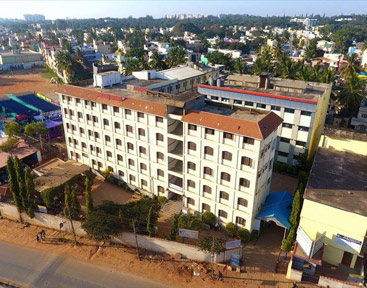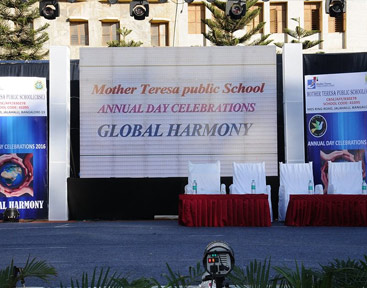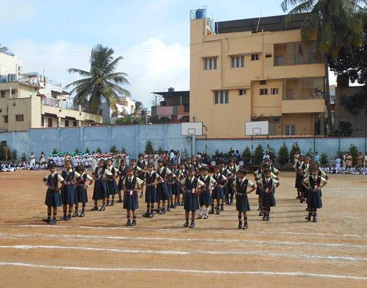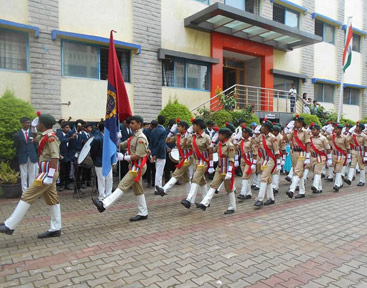Academic Guidance

Dr. Gururaj Karajagi
Dr. Gururaj Karajagi is a committed educationist who has spent more than four decades teaching and establishing outstanding institutions that reflect the highest principles of educational philosophy and human values. Dr. Karajagi, is a Chairman of Academy for Creative Teaching, Bangalore.Academy for Creative Teaching, Bangalore
Academy for Creative Teaching (ACT) is a natural consequence of the justifiable claim in academic circles that the quality of education is as good as the quality of teachers. Academy for Creative Teaching (ACT) - a unique institution for teacher training and educational consultancy in India has a rich resource of academicians and academic administrators. It is a pioneering body that has consistently been instrumental in providing pre-service and in-service training to teachers at all levels and also in providing institution-building support systems. It has been responsible for promoting more than 85schools in India and abroad. ACT also trains teachers in many institutions at various levels.Academic Planning
Creative Teaching Model
What should education aim at? Our engagement with this question takes us first to the more general question: what is the basic goal of education? To be brief, we can do no better than quote Gandhi: “True education is that which draws out and stimulates the spiritual, intellectual and physical faculties of the children”. Implicit in this aim is the belief (that we share) that education has the potential to transform individuals and societies. We believe that all individuals are creative and to improve the quality of teaching, there is a need to develop creativity in teachers and learners. The action research followed the Creative Teaching Model- CTM of teaching learning.The classroom teaching is focused on these elements:
SENSORY –visual, touch, smell, sound and taste – The need to understand that teaching has to appeal to the learners and the trainees. The classroom teaching would involve many aids which would focus the content and appeal to the different learning styles of the students.
EMOTIONAL –Feelings – No learning happens without the appeal to emotions, all learning will be packaged with emotions of being a leader and the need to be motivated, enthusiastic, positive appreciative and other people centered approaches. The classroom instruction materials would include biographical sketches, inspirational stories, role plays, surveys and case studies.
INTELLECTUAL –To build the intellectual capacities of the young minds such as analytical ability, critical thinking and problem solving skills an emphasis on understanding the problems with adapting to change and the ability to be visionaries rather than be firefighting would be addressed as the core areas of knowledge and skills development for educational leaders. The teaching methods used would be presentations, projects, quiz and use of technology in the form of animations, online games and videos.
SPIRITUAL –The value disposition of the leader is of vital significance in their progression as a leader. The focus is on the personal value systems and values that once developed are good for the individual and the society in general.
Teaching Learning and Assessment
Class room learning is made interesting and effective by the use of various educational aids like models, specimen, charts, audio systems, slide projector, overhead projector, multimedia, television etc.Learning process is strengthened by using novel methods like Group discussion, presentation, project work, symposium, thematic discussion, situation analysis, visits to places of scientific and historical importance, field trips, excursions, science exhibitions, wall magazine, interaction with visiting dignitaries, debate, quiz, self-study, etc., rather than depending solely on the traditional chalk and talk method of teaching. Various programmes for drawing the minds of students towards higher values of life are drafted. Regular prayers, celebrations of national and religious festivals, etc, are incorporated as part of the curriculumto mould the students into good human beings who uphold the noble principles like non-violence, religious tolerance, cultural awareness, living in harmony with nature and so on. Arts and crafts and practice of fine arts form an integral part of curricular activities.



